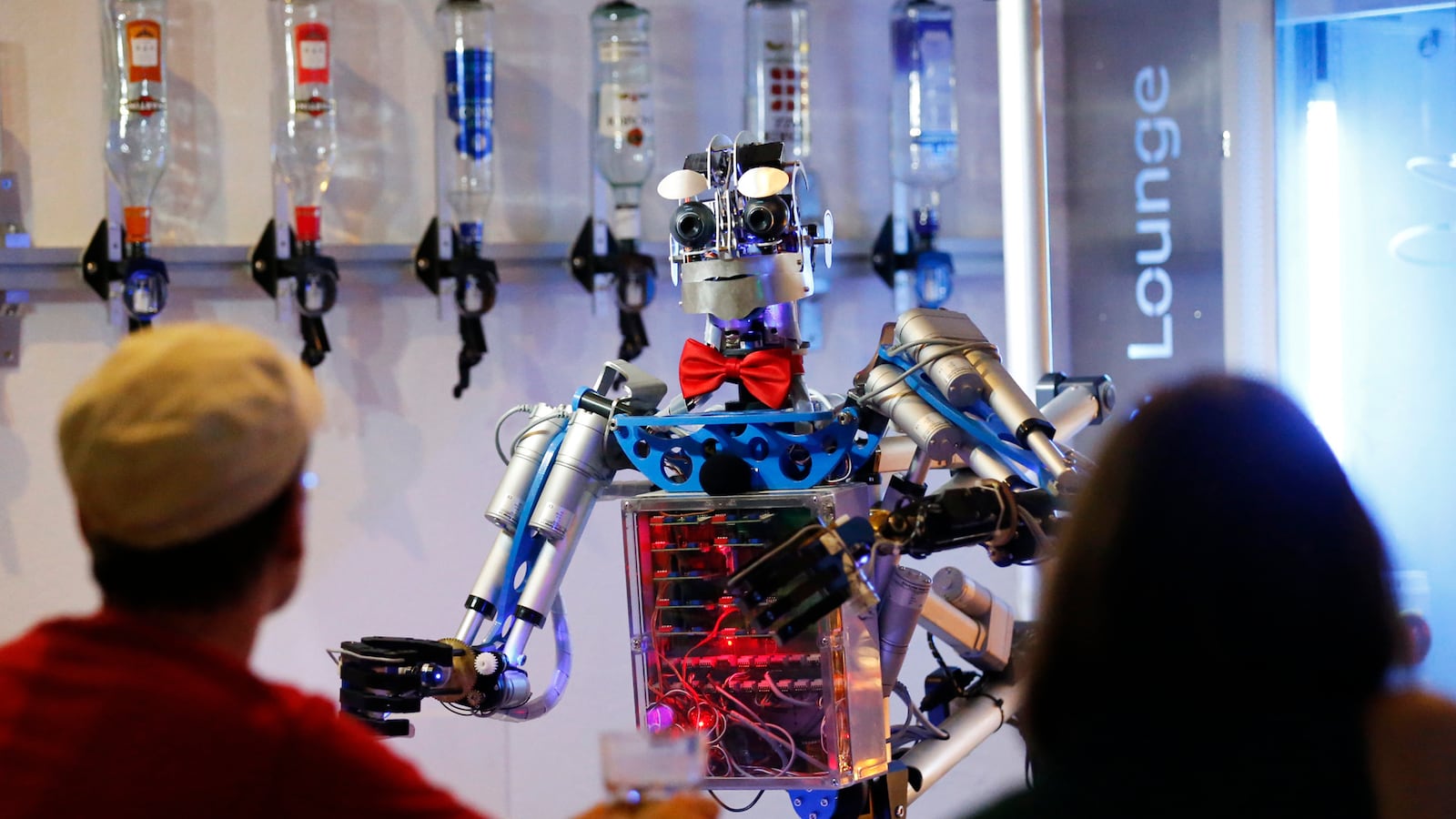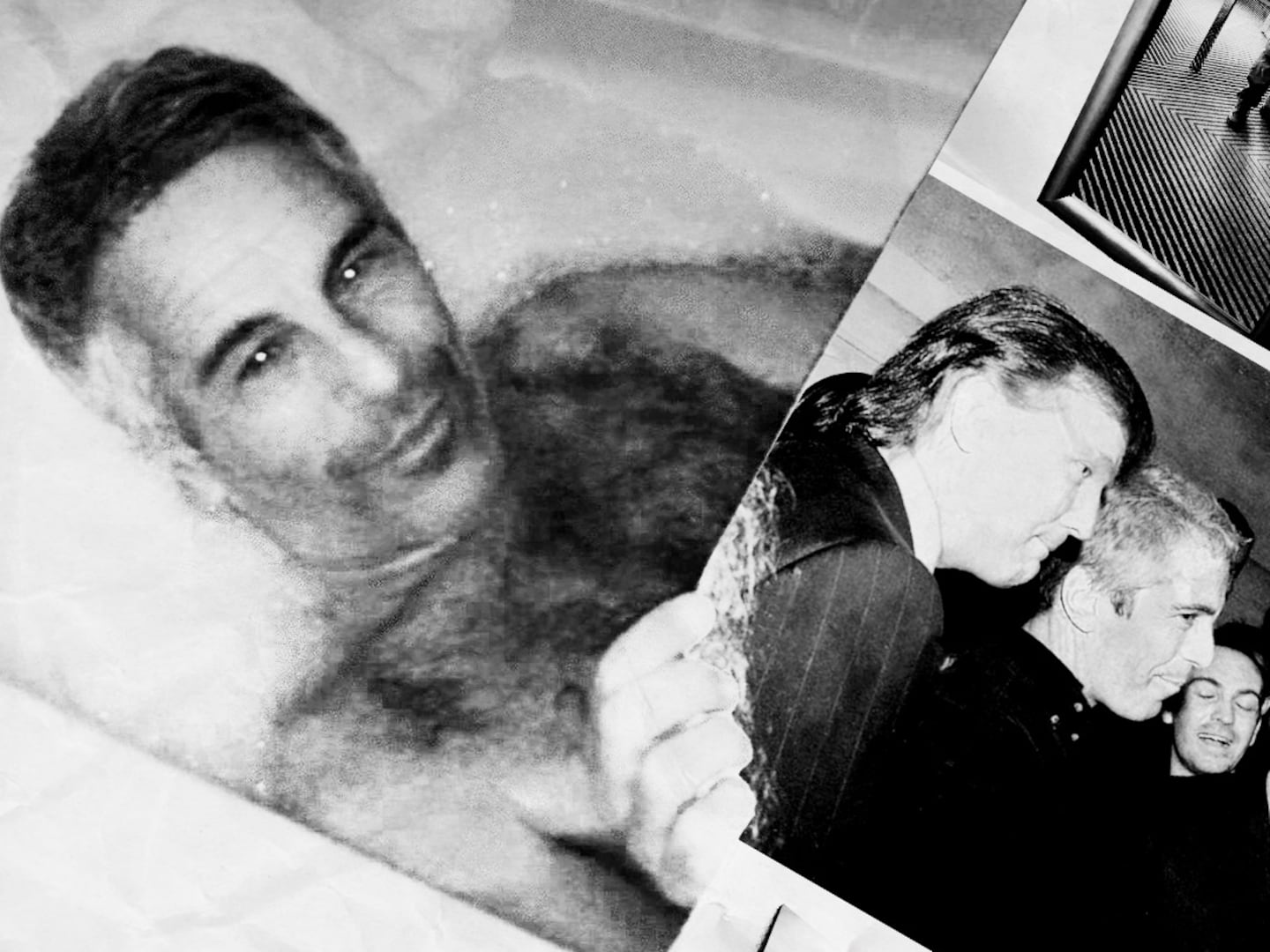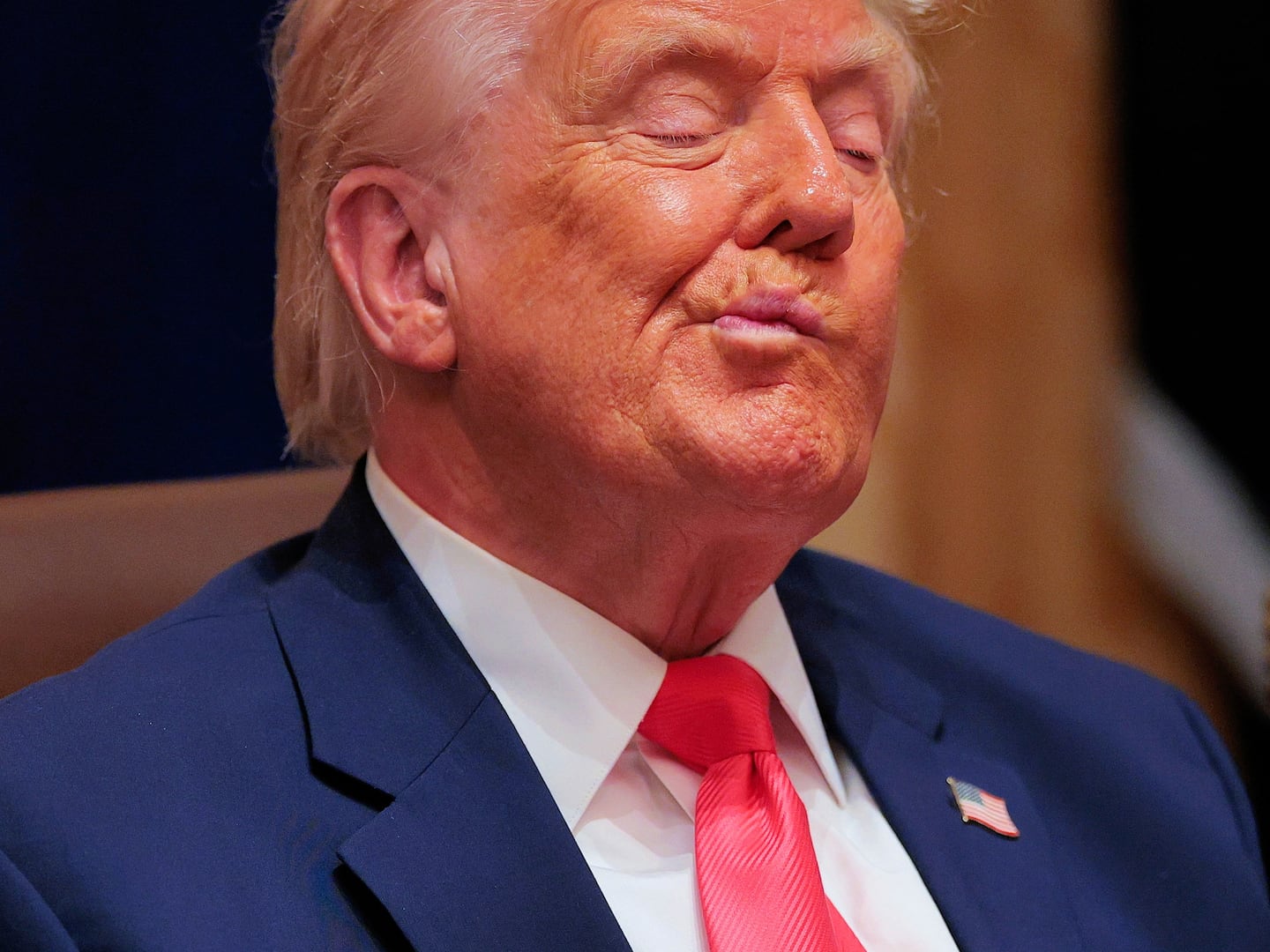Call me old-fashioned, but I still want to go to a bar, watch the bartender mix something in front of me, engage in some small talk, and hear them thank and ask me to come again when handing me the bill at the end of the night.
But lately there’s been a myriad of new gadgets created to both enhance the efficiency and innovation of cocktails, and to completely change how we receive service at bars. Some technological improvements are helpful, while others upend what we love about patronizing our local watering holes, eliminating the social elements of service altogether.
Drinking at a bar is all about the experience—the camaraderie, the exchange of pleasantries and ideas, or trying a new tipple that was specifically recommended by the expert bartender. Bartending has become a noble, career-oriented profession again with the last decade’s craft cocktail boom. The most studious of mixologists have learned and studied technologies to help them make better cocktails. But will apps and machines make their profession irrelevant? And, if so, is that what we really want?
Take Monsieur, for example, an “artificially intelligent robotic bartender” that mixes drinks in less than 25 seconds and recently raised $2 million in venture capital to expand to hundreds of venues. It works like this: customers punch their choice of one of up to 300 available drinks into a machine, which then mixes and pours the desired cocktail into a glass or cup.
When I asked Alexa King, a UX/UI designer for Monsieur, if she thinks the machine threatens hospitality traditions and cocktail quality, she said, “The traditions that stand for social drinking and interaction will change as our culture and technology change.”
“We do not want to see Monsieur replacing your expert mixologist, who look[s] at bartending as an art form, but instead be used to assist with serving cocktails and provide quality cocktails in places where there may not be a bartender,” King said.
Bottom line, it works great for high-volume establishments like sports arenas, movie theatres, and hotels (founder Barry Givens came up with the idea after waiting too long for a drink at a basketball game), but not so much in your local lounge. The idea is novel and cool, if all you want is liquid in a cup. The worry is that people may get used to it and begin devaluing the role of bartenders.
Staying true to classic and high quality drinks while keeping down wait times during the happy hour rush is always a challenge, even in craft cocktail lounges, says Chad Solomon, a co-owner of the new Midnight Rambler bar in Dallas. Midnight Rambler embraces technologies like a vacuum still, rotary evaporators, refractometers centrifuges, pH meters, chamber vacuum sealer, professional immersion circulators and dehydrators, all of which help them create new flavor essences, syrups, shrubs, bitters, and ingredients. Behind the scenes, these bartenders are playing mad scientist with their new fancy tools, elevating the craft of bartending and taking drinks to new heights so that consumers are ultimately more educated and engaged while sitting at the bar. And that’s how it should be.
“We have some amazing pieces of equipment but they are no more important than our mixing spoon, our jigger or the way we think about the drinks,” he says. “We are very conscious not to allow that to enter the guests’ space. For us the drink should succeed or fail based on what’s [in it].”
On the other hand, service is arguably even more important in a bar than the drinks. Patrons come to a place for the atmosphere, to see their favorite bartender, or to socialize. They don’t want to spend thirty minutes catching a busy bartender’s attention, especially at a place that packs thousands of people in on any given day.
The bar mobile ordering app Preo allows bar-goers to order drinks and pay for them by phone. It aims to eliminate the biggest bottleneck in a bar—processing payments. The bartender still makes and serves you your drink, but that’s it. You get to browse full menus by phone and receive confirmation when your order is being processed. Founder Richard Laing admits the system doesn’t work as well in places where bartenders know their customers, the “Cheers bars,” or craft cocktail bars The company plans to eventually create a more personal experience by allowing bartenders and wait staff to have profiles and photos on the application. They’re targeting places like nightclubs and concession stands, where you probably couldn’t hear the bartender anyway. As long as that’s the case, the app adds value.
But other technologies take efficiency in bars too far. Along with allowing customers to pay their bar tabs by app, Tabbed Out also enables merchants to track who is patronizing their establishments and what their spending habits are—something your bartender would know by developing a relationship with you over time. There are self serve wine and beer machines available in bars now, too, which allow customers to have much less interaction with their servers. But if the goal is to not interact with people, why bother going to a bar in the first place?
“A bartender is about more than making drinks. They need to be knowledgeable about recipes but they are also normally the coolest person in the room and someone you’re looking forward to engaging with,” explains Travis Reese, owner of Tucson’s Scott & Co. bar. “If all you need is booze to help you unwind at the end of a long day then you should probably just have a drink at home. Bartenders and bars are sociable and social, respectively.”
Solomon and other bartenders say they embrace bar technologies, partly because they don’t see technological advances as threatening their livelihoods. At least not yet.
“I think that with taking orders on phones, in general you are creating more awareness and making a consumer more educated,” Solomon says. “As long as people are still mindful of the quality of the ingredient, than the delivery method is another aid. You can do cocktails on tap at a high quality. There are certain places where you really need [things like] that. Nightlife is naturally social and that…will always exist in some form.”
Machines and technology “will never replace the craftsmanship or social interaction a bartender provides,” adds Chris Burkett, head bartender at San Diego’s Jsix. Besides, what if you accidentally pocket dial your order to the bartender with mobile ordering apps, which could create waste in bars and drive prices up, he says? Or what if an ingredient in your beer or cocktail machines has gone bad without knowing it?
Call me old-fashioned, but all of this talk about drinks makes me want to belly up to the bar and bend a bartender’s ear.






